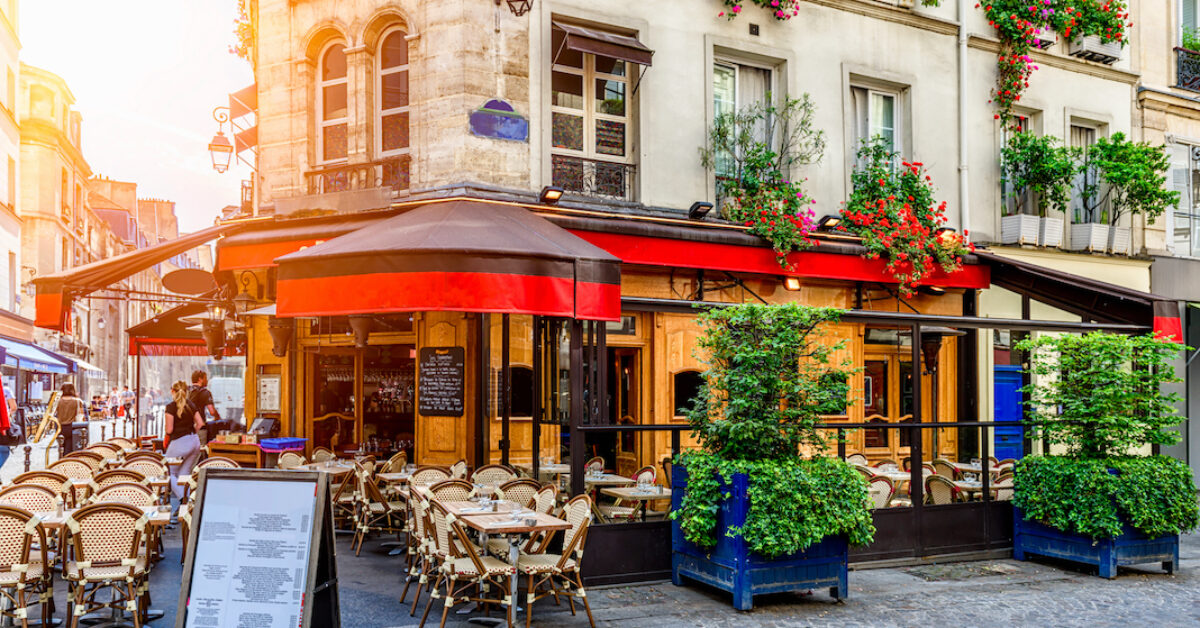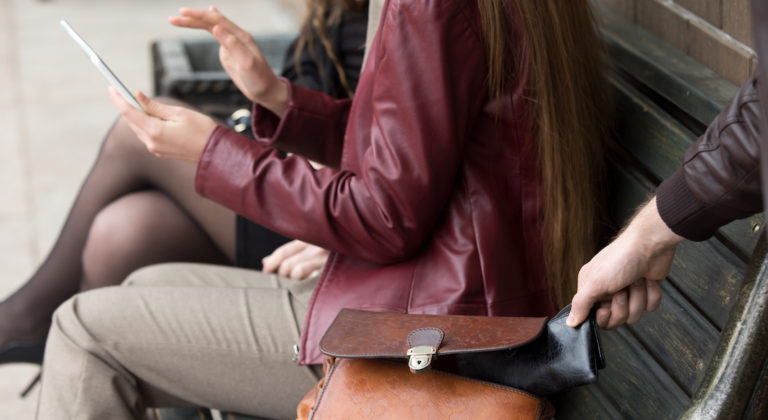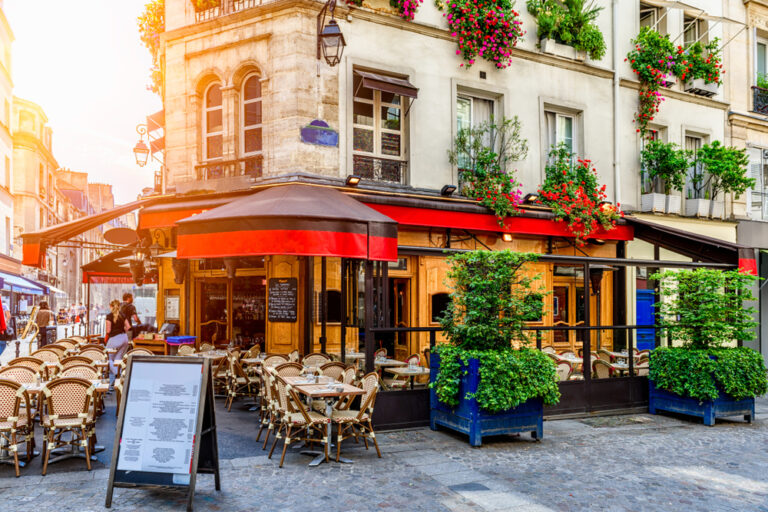Many of us have dreamed about running away to France to buy a vineyard, open an adorable cafe, or live the life of a freelance photographer running through lavender fields in Provence. But after you’ve gotten your visa, do you know what it will take to start your dream business abroad?
Many Americans who want to start a business in France find it easiest to register as an auto-entrepreneur or micro-entrepreneur. This is a tax status, not a type of visa, designed for people already residing legally in France. It is ideal for individuals starting businesses that don’t require a brick-and-mortar storefront or a staff on payroll, like walking tour companies, digital media outlets, or language learning services. Many expat owners of tourism companies in France, like Bryan Pirolli of The Gay Locals, or Sue Aran of French Country Adventures, start out this way.
“This auto-entrepreneur business is all pretty straightforward. I don’t think any of it is extremely difficult to manage… you don’t get the perks of being able to write off expenses, but you can if you do an EURL,” says Bryan. Auto-entrepreneurs fall into one of two categories: services and trade, which are taxed at different amounts (with services being taxed nearly twice as much as trade). Auto-entrepreneur status is often confused with profession liberale, a popular visa option for those looking to open a business in France, which comes with quite a few strings attached. Stephen Heiner of The American in Paris offers a great deal of information on this type of visa on his blog.
A step up from auto/micro-entrepreneur is EURL, or Entreprise Unipersonelle à Responsibilité Limitée—essentially, a business owned and operated by one person. This status is a little more complicated, but comes with added benefits like being able to write off business expenses.
If your business dreams involve a physical location, such as a bar, café, or shop, the level of difficulty scales up very quickly. You’re going to have to worry about finding a lease that matches the type of business you’re building (don’t think you can just build a kitchen or put tables on the sidewalk without the proper license), you’ll need insurance, capital, and the correct registration. So unless you’re looking to invest a great deal of time, money, and frustration into your business, you might want to stick with our first option.
Even so, some have managed, like Jane Bertch, founder of the wildly successful cooking school La Cuisine Paris. The product of many years of hard work and careful planning, the school is now one of the top destinations for those looking to learn about French food with other English speakers. Jane has come up with a few tips to help prospective expat business owners acclimate to their new environment without turning into Emily in Paris.
- Understand the culture. There is no quick answer to this – it takes time, observation and listening (even if for the things not said). Cultural context dynamics play an important role on many levels, and particularly so in France. There is a ‘way’ to do business here, and if you are on the outside of that, and don’t appreciate it, at best you’ll be knocking your head against the wall, at worst, you’ll simply fail.
- Understand the importance of business relationships. If you rely (at all) on your local peer network for products and services, you need to understand relationships in France. They are more so built on trust, respect and confidence than any commerce or monetary value. This is a country where you may find yourself saying, ‘they don’t seem to want my money’… and you may be right.
- If you are an expat doing business in a foreign country you may find yourself acting as a cultural ambassador – for both countries, your native and your host. It’s a role you should take enormously seriously.
- Respect the ecosystem you benefit from. If you have the privilege of benefiting from the country you are operating in and doing business, do so properly. Set up your business in France and wholly participate in the country.
- Develop a community of trusted colleagues. It’s very easy in any business as an entrepreneur to be only focused on your four walls. There is a support system and a richness to developing a network. Not everyone is ‘competition,’ but everyone can be a ‘colleague.’






